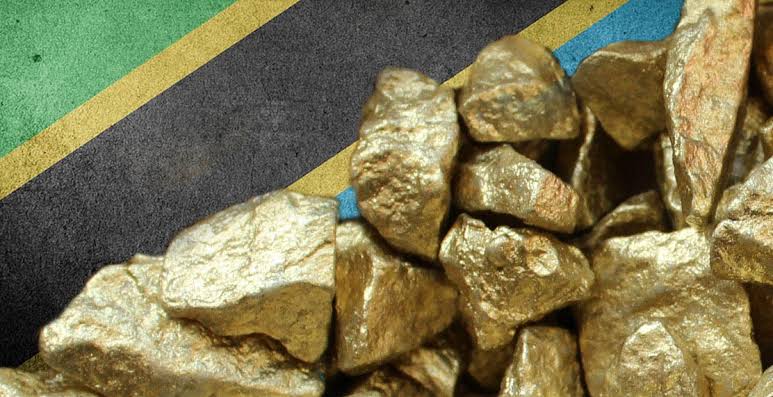By Enyichukwu Enemanna
At least 20% of total production of gold will henceforth be reserved for purchase by the East African country’s central bank, Tanzania’s Mining Commission has ordered all mining companies and traders involved in the export of the commodity.
This is in a bid to empower the bank’s move to diversify its foreign reserves.
The apex bank commenced the purchase of from local traders and miners in the last financial year which ended in June as part of measures to boost its reserves as the local currency, shilling comes under sever pressure, arising from depreciation.
The central bank bought at least 418 kg of gold in the past financial year to beef up its reserves. It is targeting at least 6 metric tons of gold in the current financial year.
The regulator said late on Friday in a statement that the directive will take effect from Oct. 1 as part of a newly enacted mining law.
Miners and traders, according to the statement, will be required to submit the reserved gold to two major mineral refineries – Eye of Africa Ltd in the capital Dodoma and Mwanza Precious Metals Refinery Ltd, located in the lake city of Mwanza in the north of the East African country.
“All payments will be done according to the Bank of Tanzania arrangements,” the statement said, without providing details on rates.
Tanzania’s foreign exchange reserves stood at $5.29 billion at the end of July, sufficient to cover 4.3 months of projected imports of goods and services.
Heritage Times HT reports that central banks in Africa are turning to gold to protect themselves from economic and geopolitical instability and to diversify their financial portfolios.
In September 2023, the price of gold per ounce was $1,900. A year later, it is selling for $2,500.
According to the World Gold Council, an international trade association for the gold industry, demand for the metal is expected to increase in the next 10 months despite the soaring prices.
In 2022, Zimbabwe launched a gold-backed currency to curb inflation and volatility in foreign exchange rates.
Ghana and Uganda have been buying gold from artisanal miners to bolster their shrinking foreign currency reserves.


































